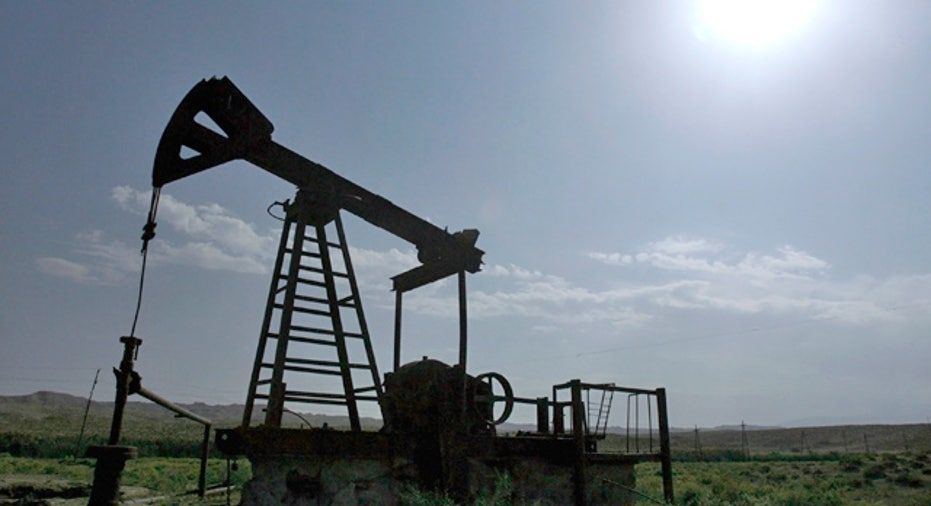Oil Falls Further on China Data

U.S. crude oil prices fell 6% on Monday as weak economic data from China, the world's largest energy consumer, reversed a four-day rally from last week and an OPEC source undermined chances of an emergency meeting to stem the decline.
China's manufacturing sector contracted at the fastest pace since 2012 in January, adding to worries about demand from the world's second-biggest economy at a time when the market is already weighed down by a large supply overhang.
"China is the last standing consumer of oil outside of the U.S.. The problem is that everyone is relying on them," said Carl Larry, director of business development at Frost & Sullivan in Houston.
"As long as we keep in this scenario where China is the only real consumer to pick up the pace, we're going to see moves lower every time China has an issue with their economy."
Brent April crude futures <LCOc1> were down $1.64, or 4.6 percent, at $34.35 a barrel by 12:09 p.m. EST.
U.S. West Texas Intermediate (WTI) <CLc1> fell $1.99, or 5.9 percent, to $31.63.
A drop in all three major U.S. stock indexes after data showed manufacturing activity was weak in January and consumer spending was unchanged in December, also weighed on oil prices. Traders have been watching the equity markets closely to get a reading of the health of the economy.
A mild winter has also dented demand for oil and latest weather forecasts calling for warm weather through mid-February sent U.S. New York Harbor heating oil <hoc1> futures down 5 percent.
A senior OPEC source told a Saudi Arabian newspaper on Monday it was too early to talk about an emergency meeting of the Organization of the Petroleum Exporting Countries.
Oil prices soared last week, with Brent crude surging over 30 percent from the 12-year low touched earlier in the month, after Russian energy officials said they had received proposals from OPEC lynchpin Saudi Arabia on managing output and were ready to talk.
In a sign investors were speculating on an oil rebound, data from the InterContinental Exchange showed net long positions in Brent rose the most in four years last week.
But analysts raised doubts about the possibility of a cutback on production, particularly as OPEC member Iran, which last month was allowed to return fully to markets after years of sanctions, is so far unwilling to participate in cuts.
Iraq, another OPEC member determined to ramp up production, reported rising exports in January.
"Seems like every time market participants say prices have bottomed, they have been wrong," said Dominick Chirichella, senior partner at Energy Management Institute in New York.
"There's nothing that says prices have bottomed - supply is still greater than demand by a lot, Chinese demand may be slackening, the global economy may be slackening and the likelihood of an OPEC emergency meeting seems very low, as it did last week"
(Additional reporting by Karolin Schaps in London and Henning Gloystein in Singapore; Editing by Marguerita Choy)



















